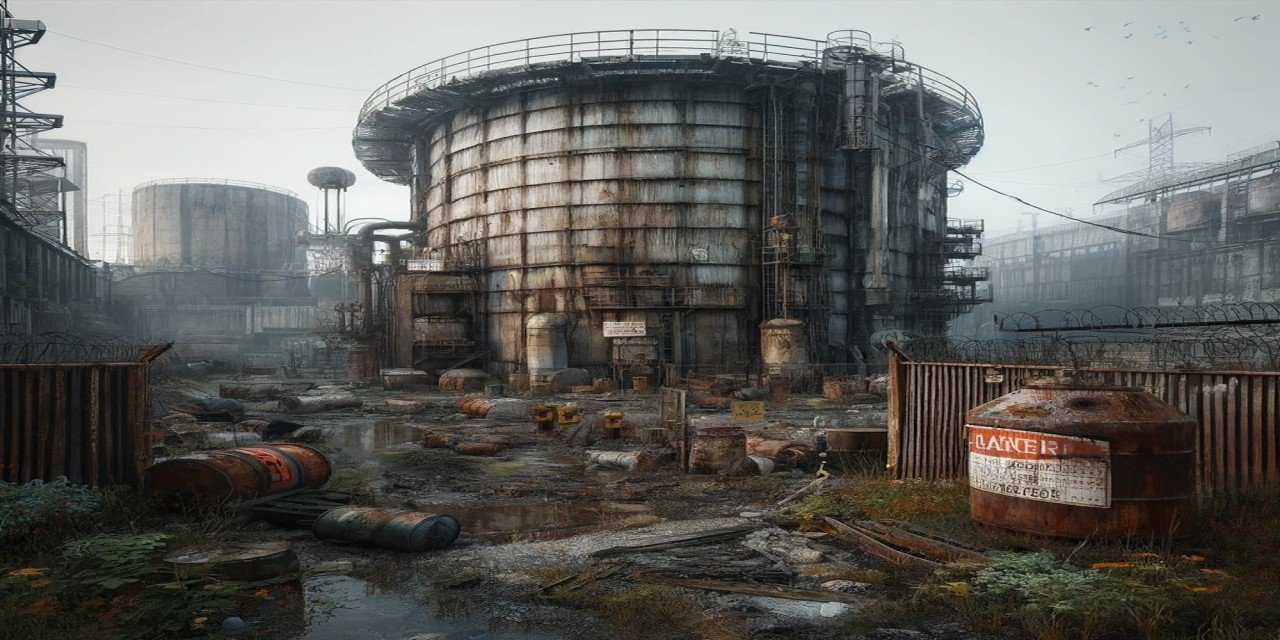A Critical Assessment of Small Modular Reactors (SMRs): Viable Green Energy Source for Australia or Extreme Sovereign Risk?
Executive Summary
Introduction
The Australian opposition's recent push to consider Small Modular Reactors (SMRs) as a viable green energy source is fraught with significant risks and uncertainties. This white paper critically examines this proposal, assessing it against a cradle-to-grave framework, industry best practices, due diligence, and sovereign risk. By highlighting several critical issues, this paper questions the feasibility and prudence of adopting SMRs in Australia. Key concerns include the lack of proven waste treatment solutions, the failure of Synroc technology, and the absence of a safe long-term global disposal solution for radioactive components.
Key Findings
Lack of Proven Waste Treatment, Containment, and Storage Solutions
Australia still lacks an operational, designated long-term high-level nuclear waste repository. Current waste management practices involve only short to intermediate-term storage solutions, raising serious concerns about the sovereign hazard risk of expanding nuclear capabilities through SMRs. Significant public protests have underscored concerns over transporting radioactive materials, and the long-term containment of nuclear waste remains unresolved.
Failure to Achieve a Viable Synroc Solution
Australia's Synroc technology, aimed at immobilizing radioactive waste, has not succeeded despite decades of research and investment. This ongoing struggle casts doubt on Australia's ability to manage the additional waste generated by SMRs effectively.
No Safe 'Grave' for Radioactive Components
Australia lacks a safe, long-term disposal solution for decommissioned radioactive components of nuclear plants. Without a viable disposal solution, adopting SMRs poses substantial sovereign, economic, environmental, and public health risks.
Sovereign Infrastructure Policy Decisions
The inherent sovereign risk associated with SMR decisions necessitates legislative action to enshrine due diligence into law, with penalties for infringements. These decisions must undergo rigorous due diligence, supported by penal penalties embedded in legislation.
SMRs as a High Sovereign Risk and Unproven Solution
SMRs remain an unproven technology, particularly in the Western world. The absence of proven operational examples and a cradle-to-grave waste solution significantly undermines confidence in SMRs as a viable and immediate solution for green energy.
No Operational Western Examples of SMRs
Only Russia has successfully deployed operational SMRs. In contrast, nations like China, the USA, and Canada are still in the development stages with no operational units, highlighting the speculative nature of the opposition's proposal.
Lack of Local Workforce, Manufacturing, and Supply Chains
Australia lacks the local workforce, manufacturing capabilities, and supply chains needed to support SMR development and deployment. Establishing these from scratch would require significant investment and time, delaying potential benefits and increasing the project's risk profile.
Extreme Sovereign Risk Based on Prior Performance
The opposition's track record with high-stakes projects, such as the NBN rollout, Snowy Hydro 2.0, and diesel-powered submarines, has shown a pattern of neglecting best practices, due diligence, and proper risk management.
Ignoring Best Practices for Renewable Energy Solutions
Best practices in renewable energy emphasize proven, scalable, and low-risk technologies. The opposition's focus on SMRs ignores the successful global deployment of solar, wind, and battery storage, which offer more immediate, cost-effective, and lower-risk solutions for green energy.
Conclusion
The proposal to adopt SMRs as a green energy solution for Australia involves high sovereign risks, unproven technologies, and a historical pattern of poor governance and project management by the opposition. Given the global lack of proven waste management solutions and local capabilities, Australia should prioritize renewable energy sources that align with best practices and proven technologies. Future energy policies must be grounded in rigorous due diligence, robust risk management, and a commitment to sustainable and economically viable solutions.
Recommendations
CHATO International can assist in managing a program reviewing:
1 Renewable Energy Technology projects and initiatives.
2 Nuclear Waste Management Infrastructure.
3 Federal Government Project Management Practices.
4 The Federal Government Project Due Diligence Practices.
5 Federal Government Sovereign Accountability.
To create or align:
Focus on Proven Renewable Energy Technologies: Prioritise investments in solar, wind, and battery storage technologies that have demonstrated success globally.
Strengthen Waste Management Infrastructure: Develop a comprehensive and long-term strategy for nuclear waste management and commission a facility before considering any expansion of nuclear capabilities.
Enhance Project Management and Accountability: Implement more rigorous continuous compliance monitoring systems to ensure transparency, accountability, and adherence to best practices in all major public projects.
Legislate for Due Diligence: Enact laws that mandate rigorous due diligence and risk management for all major sovereign infrastructure projects to mitigate the risk of cost blowouts and delays.
Enshrine and Embrace Sovereign Wealth Creation and Self-Determination: Ensure that all high-cost technology, defiance, and infrastructure projects inherently contribute to sovereign wealth creation and promote self-determination.

